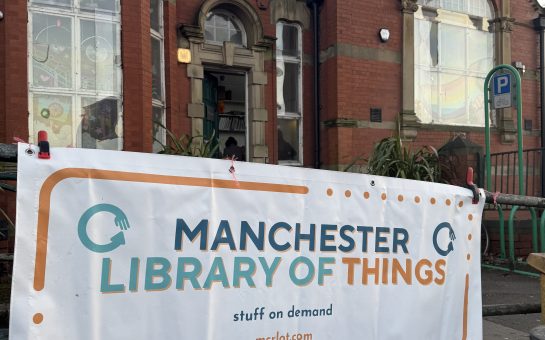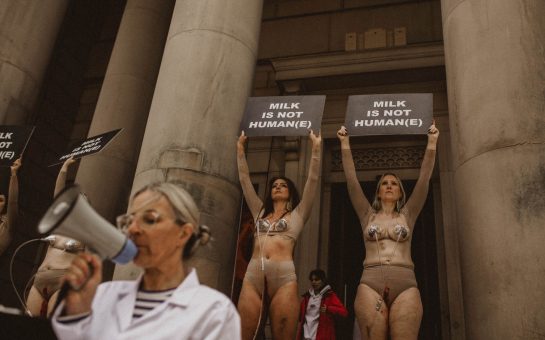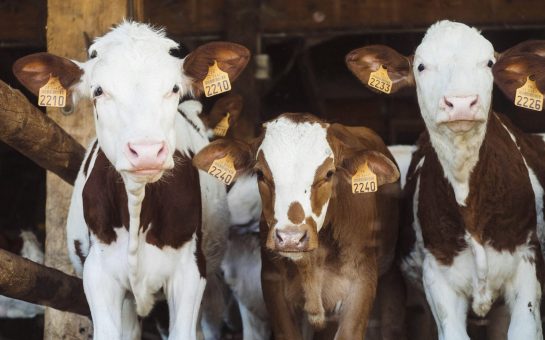Manchester’s honey-loving motif the humble bee is in need of the public’s help to stop their dramatic decline in population – and urban wildflowers meadows are seen as the key.
‘Feed the bees that feed us’ is a campaign from green group Incredible Edible Levenshulme, who are hosting an evening to inform and inspire people to help feed Britain’s bees by creating urban wildflower meadows.
We all rely on the free pollination services of the bees to produce the food we eat, but with global bee populations declining, the question is – are we doing enough to feed them?
Guest speaker on the evening will be Kathryn Lwin from River of Flowers – an organisation which inspires people around the globe to create urban flower meadows to feed bees and other pollinators.
Kathryn will explain the challenges bee populations are facing and how the community can all be part of the solution by creating urban meadows for them.
From balconies to bus stops, pavements to parks, roofs to roundabouts – wherever a wildflower grows, a bee can forage.
Organisations like River of Flowers and Friends of the Earth are encouraging people around the UK to create more bee-friendly habitats to boost the declining population.
Stephanie Lynch of Manchester’s Friends of the Earth said: “Supporting our great native bee populations has never been more urgent than now.
“Bees and other pollinators need a wide variety of plants and flowers in urban areas throughout the seasons to ensure they have enough food to survive.
“Planting a few bee friendly plants such as lavender or geraniums in your garden, balcony or windowsill can make a huge difference to the local bee populations.”
In recent winters across the UK and the rest of Europe, bee losses of up to 53% have become a reality.
More than 20 UK bee species are already extinct and about a quarter of the remaining 267 species are at risk.
British bees are mainly under threat because of changes to the countryside.
Changes in agricultural techniques have meant there are far fewer wildflowers in our landscape than before, meaning bees are struggling to survive.
It has been estimated that 97% of our flower-rich grassland has been lost since the 1930’s and, as bees rely entirely upon flowers for food, it is unsurprising their numbers are diminishing.
By simply adding a few more wildflowers to gardens and improving urban spaces, the situation can be reversed.
Bumblebees and other pollinators have significant impact on food – they pollinate 75% of crops.
Without them, fruit and veg would have to be pollinated artificially, a process already underway in parts of China and India, costing the government £1.8billion.
More importantly, bees pollinate the majority of plants and wildflowers, which are at the top of many food chains, so it is easy to imagine how other wildlife such as insects, birds and mammals would all suffer if the buzz of the bees disappeared from the nation’s gardens completely.
Last year, tens of thousands of Brits convinced the Government to create a national Bee Action Plan to save the British bees.
Conservative Parliamentary Under-Secretary of State for natural environment and science Lord de Mauley has until the summer to publish his finalised plan.
The Feed the Bees event takes place on Friday June 27 and is part of the Levenshulme Food and Drink Festival.
There will be a number of vegan and vegetarian dishes served made from locally-sourced ingredients.
Tickets are £4 per person and can be purchased through the website.
Image courtesy of Nutmeg66, with thanks



